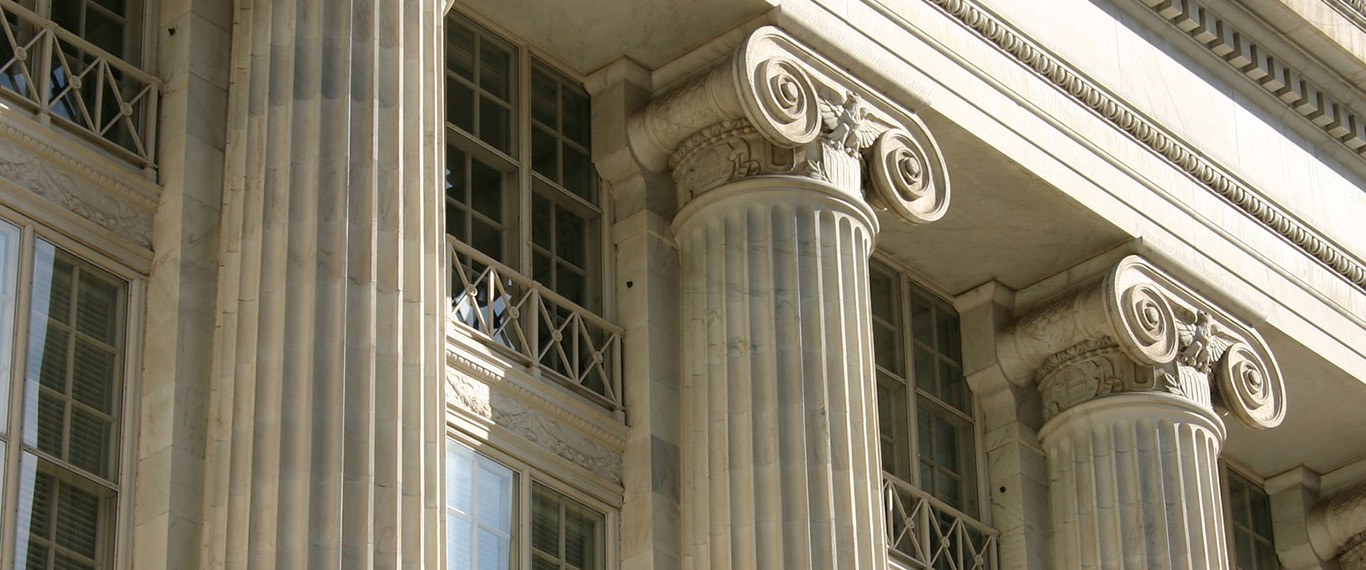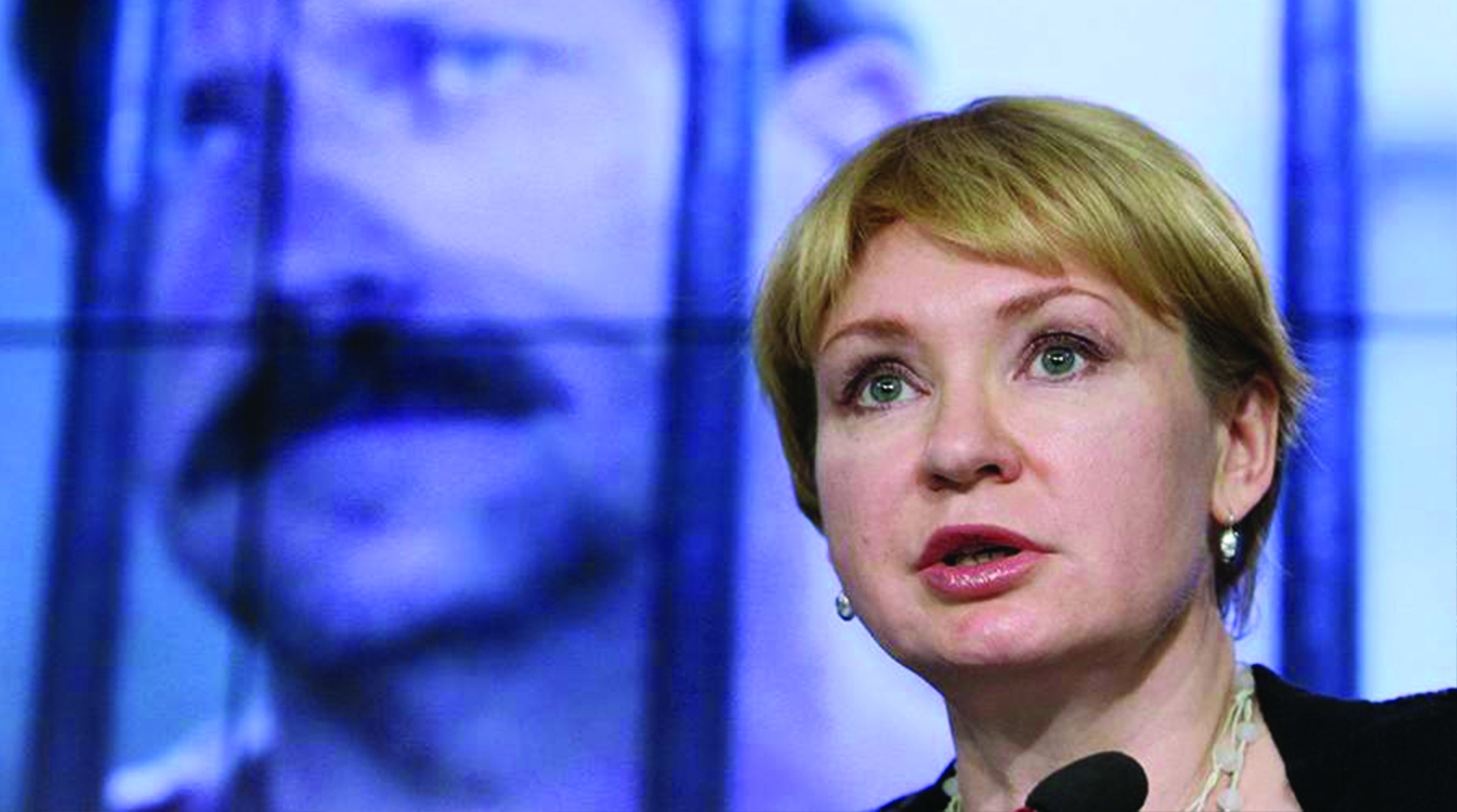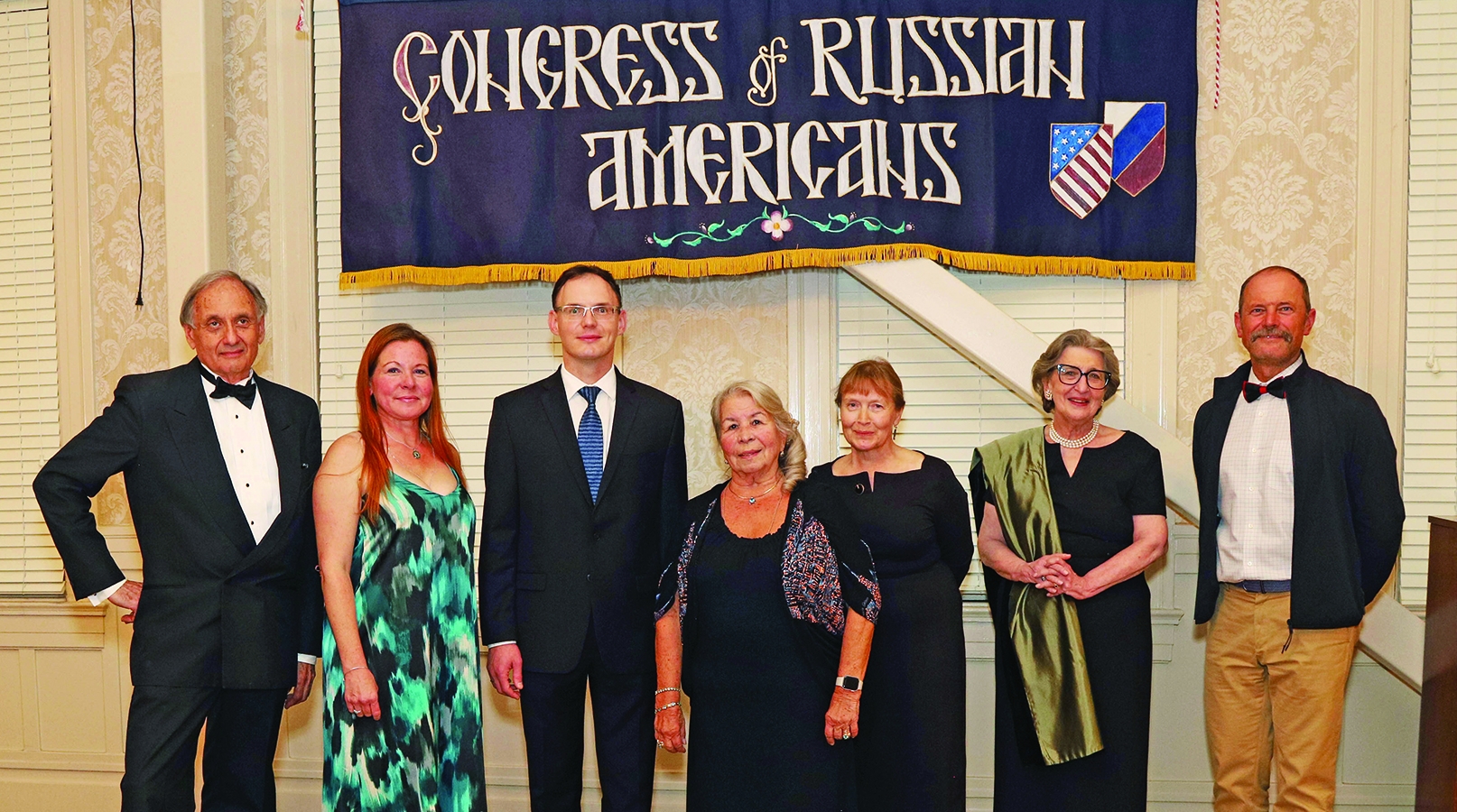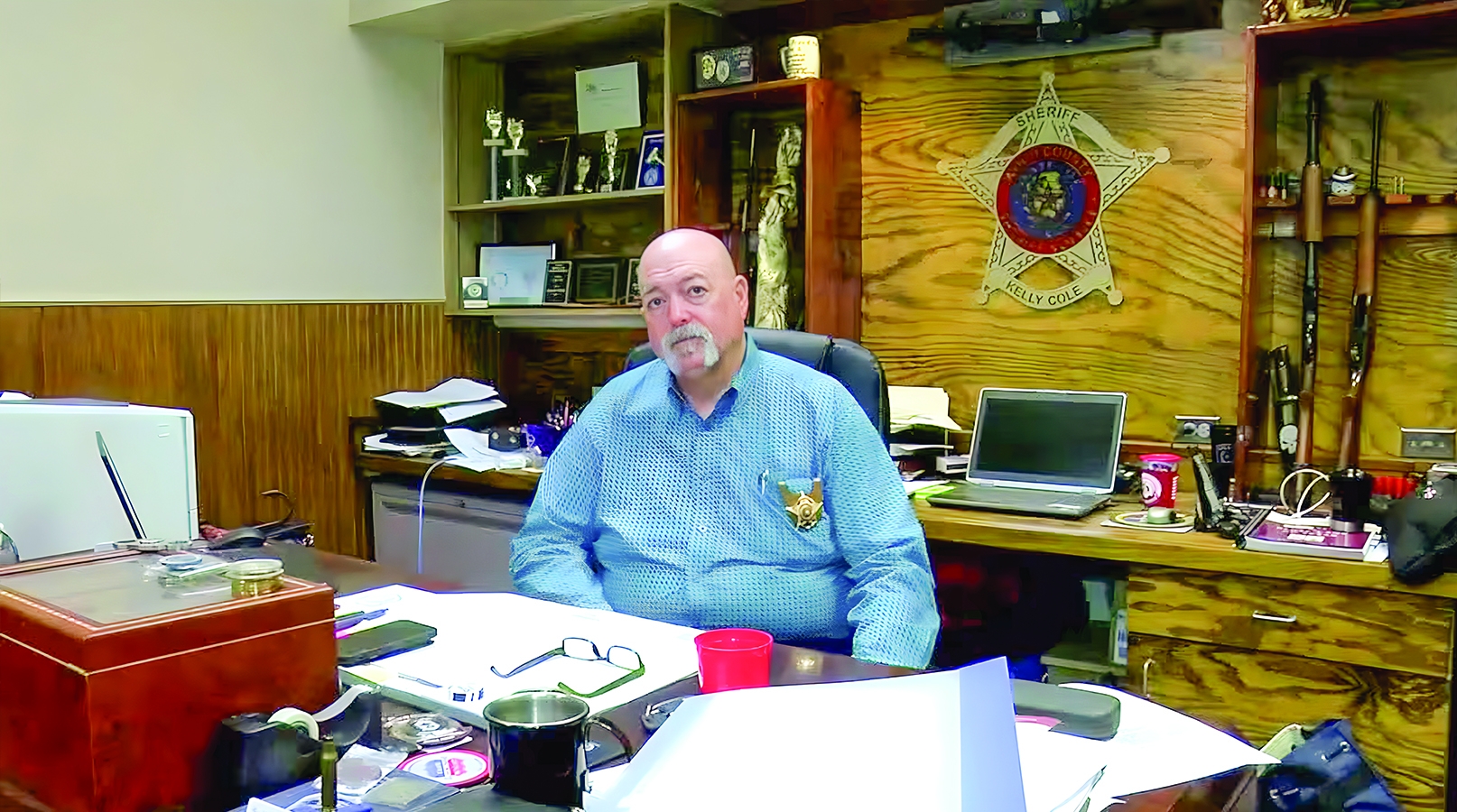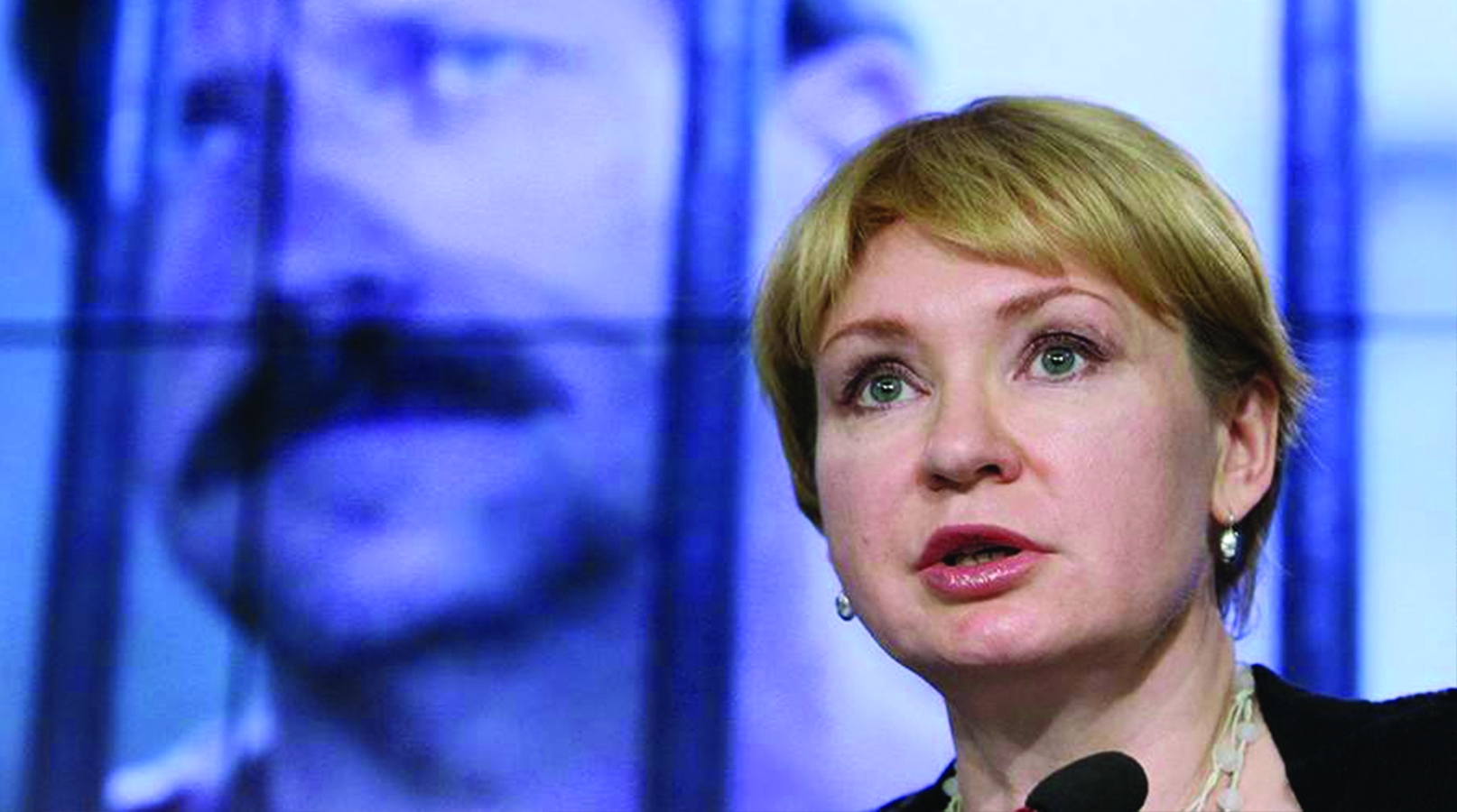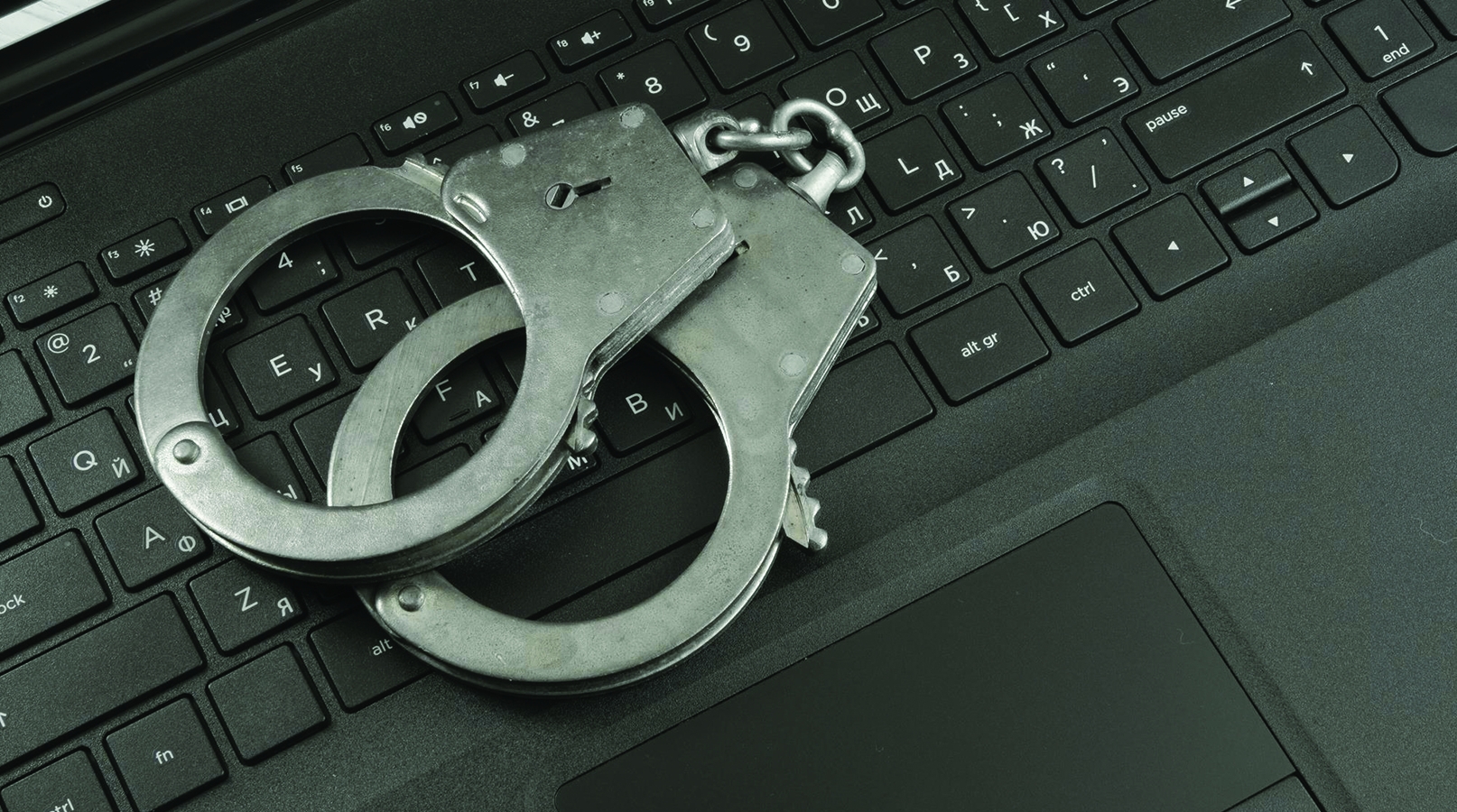Lawyer Alexey Tarasov discusses the notable cases of the past year, 2022, highlighting the dynamic and successful period for his law office. A significant achievement was the return of his Russian clients, pilot Konstantin Yaroshenko and businessman Viktor Bout, to Russia.
The Yaroshenko Case
On April 27, 2022, Konstantin Yaroshenko returned to Russia following a historic prisoner exchange. Simultaneously, former U.S. Marine Trevor Reed, who had been serving his sentence in Russia, was repatriated to the United States. This exchange occurred at Ankara airport in Turkey, and notably, the U.S. President pardoned Yaroshenko as he was walking towards Reed on the airfield. My involvement in this case dates back a decade, as I took on the role of Yaroshenko’s lawyer in April 2012.
In Yaroshenko’s case, had the New York court adhered to legal precedents set long ago, there would have been no basis for a criminal prosecution. Our defense strongly focused on the 1974 United States v. Toscanino case, where the guilty verdict was overturned due to the defendant’s arrest and subsequent torture in another country. This precedent, I argued, should have invalidated Yaroshenko’s prosecution, as his case involved kidnapping, torture, and violations of international and foreign law. We presented new evidence confirming all these elements.
First, I discovered evidence that Liberian intelligence agents had tortured Yaroshenko in exchange for a $100 bribe from their American counterparts. We gathered testimonies from Liberian citizens who either participated in or witnessed Yaroshenko’s arrest in May 2010. One such piece of testimony came from an officer of the National Security Agency of Liberia, Othelo Mathis, who admitted to torturing Yaroshenko for $100 and then delivering him to the plane bound for the United States. Additional evidence included an internal security officer from the Royal Hotel in Monrovia, who received a $20 bribe from American agents for aiding in the pilot’s arrest, as well as testimonies from several hotel employees. Witnesses reported seeing Yaroshenko, beaten and with a bag over his head, being taken from the hotel to the Liberian Secret Service building. Furthermore, we obtained documents proving that the Liberian Minister of Justice’s order to deport Yaroshenko to America was backdated.
In a significant development, we uncovered and presented to the court a recording that revealed an undercover U.S. drug enforcement agent, known as Santiago, had made audio recordings of conversations with a Russian citizen, which were not provided to the defense. The prosecutors claimed that such recordings did not exist, yet these recordings could have been critical in swaying the jury toward a not guilty verdict. During my investigation, I met Marcel Acevedo Sarmiento, a Colombian drug trafficker imprisoned in Ohio, who was familiar with Santiago. Sarmiento confirmed Santiago was his subordinate and had traveled to Liberia under his orders along with Nigerian drug lord Chigbo Umeh. From this trip, Santiago returned with recordings of the operation, which he later sold to Sarmiento. We obtained one of these recordings, which clearly showed a U.S. embassy employee in Bogota giving Santiago an audio and video recording device and instructing him on its use.
The Bout Case
In the case of Viktor Bout, his return to Russia on December 8 was also the result of a prisoner exchange. He was exchanged for American WNBA player Brittney Griner at Abu Dhabi airport.
I first met Viktor Bout, who was sentenced to 25 years in prison for conspiring to sell anti-aircraft missile systems to Colombian rebels, in 2012 at the Marion prison in Illinois. Since October 2014, I have officially served as Bout’s lawyer. We petitioned for a reconsideration of Bout’s case, citing newly discovered evidence, to District Court Judge Shira Scheindlin. Following her decision, we appealed to the Second Circuit Court of Appeals and ultimately brought the case to the U.S. Supreme Court.
Our defense in Bout’s case rested on the assertion that there was no conspiracy, as the alleged co-conspirator, Andrew Smulian, was aware that his meeting with Bout was part of a U.S. operation. A fundamental principle of American criminal law is that one cannot conspire with a law enforcement officer, agent, or informant. In 2014, during the making of a documentary, DEA agents Louis Milione and William Brown gave conflicting interviews about the operation against Bout. In newly presented video evidence, Agent Brown, who coordinated the operation, described Smulian as a “willing partner in this scenario,” and Agent Milione acknowledged direct contact with Smulian in 2007. These statements raised questions.
We submitted to the appellate court a segment of the documentary film, along with information evidencing that Smulian was crossing the Thai border without handcuffs and with a pre-purchased ticket, only 11 hours after his supposed arrest. We also presented emails showing that DEA informant Mike Snow offered Smulian a role in a law enforcement operation, promising a salary of about $25,000 per month. Moreover, new evidence suggested that Smulian was likely aware that Snow was a double agent, also working for British intelligence agency MI6. The evidence collected indicated that Smulian was aware of and voluntarily participated in the operation, lacking the criminal intent necessary for a conspiracy.
The inadvertent statements made by DEA agents during the filming of the documentary, suggesting Smulian’s prior knowledge of the operation, were unequivocal admissions. These statements, supported by other evidence, indicated that the DEA specifically used Smulian to entrap Bout.
In addition to presenting evidence of no collusion between Viktor Bout and Andrew Smulian, we brought newly discovered evidence to the appellate court showing that federal prosecutors pressured District Judge Shira Scheindlin. They demanded that she remove from her decision the finding that agents Louis Milione and Robert Zakharashevich were untrustworthy witnesses. It emerged that, in their efforts to eliminate an unfavorable description, the prosecutors concealed from the court that agent Zakharashevich had given grand jury testimony leading to an indictment. This testimony contained misleading statement, for which the judge later deemed him an unreliable witness. The prosecution’s intentional hiding of these facts and their active role in editing the court decision in August 2011 warranted the dismissal of charges against Bout.
A common theme in the cases of Viktor Bout and Konstantin Yaroshenko is that both Russians were detained in third countries and extradited to the United States, a country they had never previously visited. These criminal cases significantly strained U.S.-Russia relations. When the scope of criminal prosecution extends beyond the individual defendant and their immediate circle to affect states and jeopardize international relations, the court must give special attention to adhering to the fundamental rules and principles of international law. This principle is well-recognized in the U.S. The inadmissibility of extraterritorial abductions was among the arguments Thomas Jefferson used in the Declaration of Independence against the British monarchy. The Toscanino case underscored this, noting that such abductions negatively impact the international standing of the United States and violate America’s international obligations, including those under the UN Charter.
Source: “The Russian America” newspaper, January 1, 2023
